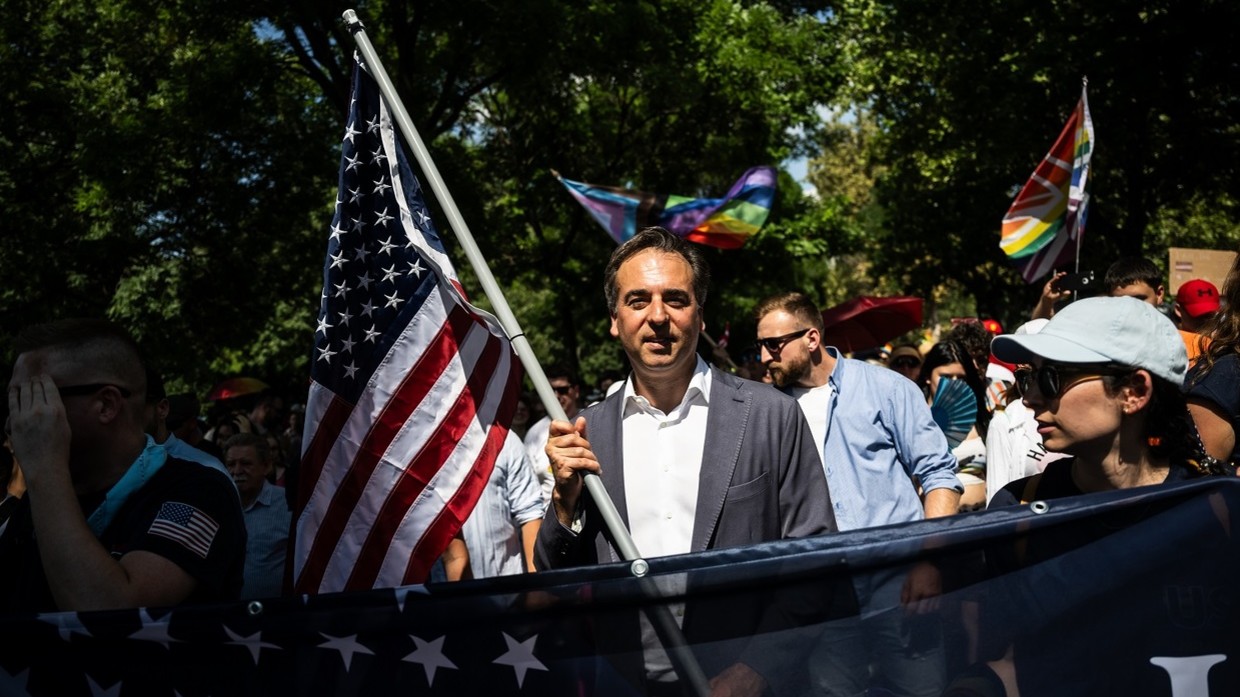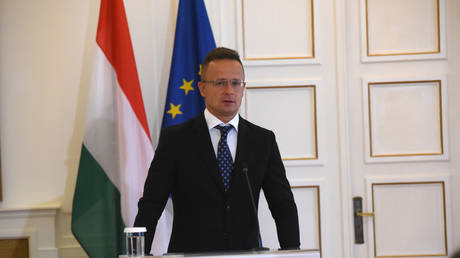Hungarian Prime Minister Viktor Orban is isolating his country from the Western “community of democracies,” US Ambassador David Pressman claimed on Thursday in wide-reaching rebuke.
Ties between the two nations should not depend on “temporary” leaders, the diplomat argued, as he delivered a list of grievances against Budapest.
“While the Orban government may want to wait out the United States government, the United States will certainly not wait out the Orban administration. While Hungry waits, we will act,” Pressman warned.
The ambassador was referring to Orban’s expressed hope that Donald Trump will defeat President Joe Biden in the upcoming presidential election.
Pressman’s speech was delivered at the Central European University (CEU) in Budapest, for an event dedicated to the 25th anniversary of Hungary’s accession to NATO. The private institution, founded in the early 1990s by George Soros, has faced a crackdown in Budapest, since Orban accused the Hungarian-born US billionaire of using NGOs to assert political pressure.
The fact that the CEU has relocated its main campus to Vienna, and “moved further to the west as Hungary opened eastward” is significant and “epitomizes the sacrifice of something great in exchange for… talking points,” the American diplomat claimed.
Budapest’s relatively cordial relations with Moscow and its refusal to follow the US lead on the Ukraine conflict were identified by Pressman as major points of contention. Hungary is ignoring the “legitimate security concerns” of the other 31 members of NATO and is “standing with Russia” by advocating a negotiated peace, he claimed, describing the latter as a call for Ukraine’s “surrender and subjugation.”
“This is not the approach of the Transatlantic alliance,” he insisted.
Pressman also blasted Hungarian politicians who use nationalist sentiment in domestic campaigning, and depict the US as a meddling foreign power. He called such remarks “wild rhetoric” and “dangerously unhinged anti-American messaging”, by Orban and his allies.
“We’re not really asking for much: transparency, dialogue, nonpartisanship, and a commitment to democracy would suffice,” the ambassador described what course correction was expected from the host nation. Washington requires NATO members to follow its lead on “big things” and is not objecting, even if they disagree on “most” other issues, he said.


